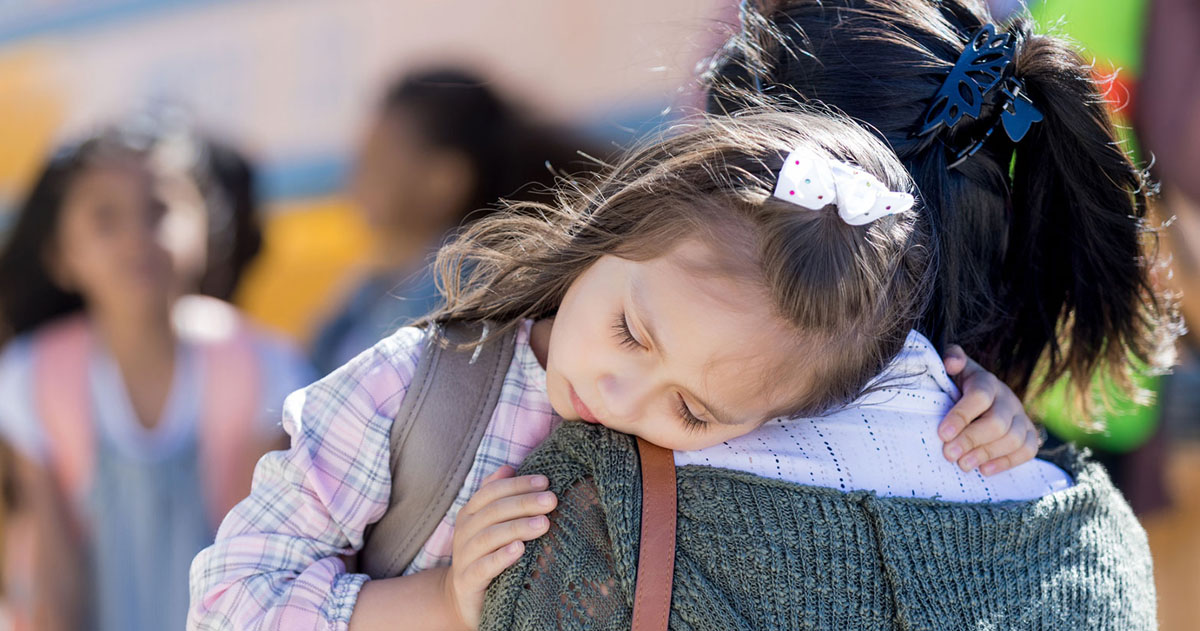By Rene Cantu
Growing up in the city’s working class north side, it’s impossible to miss neighborhood after neighborhood of Hispanic families. Parents getting home from work in clothes begrimed with paint, dirt or oil from a long day of labor. Kids getting off the bus with backpacks full of schoolwork. All working toward the same thing any American aspires to work toward: a better future.
But those aspirations are often toppled by a fear of deportation. “Will today be the day?” This anxiety impacts students’ performance at school and their social interactions with their peers.
Jodi Berger Cardoso, Associate Professor at the UH Graduate College of Social Work, spearheaded a research effort in Harris County to examine how immigration enforcement can contribute to deep-rooted anxiety and depression.
“This research identifies ways that immigration enforcement fear, and other stressful childhood experiences, are associated to higher incidences of depression, anxiety and post-traumatic stress disorder in first (immigrant) and second (U.S. born children of immigrants) generation youth,” explained Berger Cardoso.
The study describes how the situation in Houston— a city with high immigration enforcement— negatively affects the mental health of young people, including U.S. born Houstonians. It doesn’t just highlight a problem in Houston’s Hispanic community but it provides information and hard data that can be used to address the issue.
“My hope is that this research sparks conversation about how immigration enforcement can negatively affect the development of children, which may derail their well-being during adolescence and across the life cycle,” said Berger Cardoso.
Image: Getty Images/E+/SDI Productions
